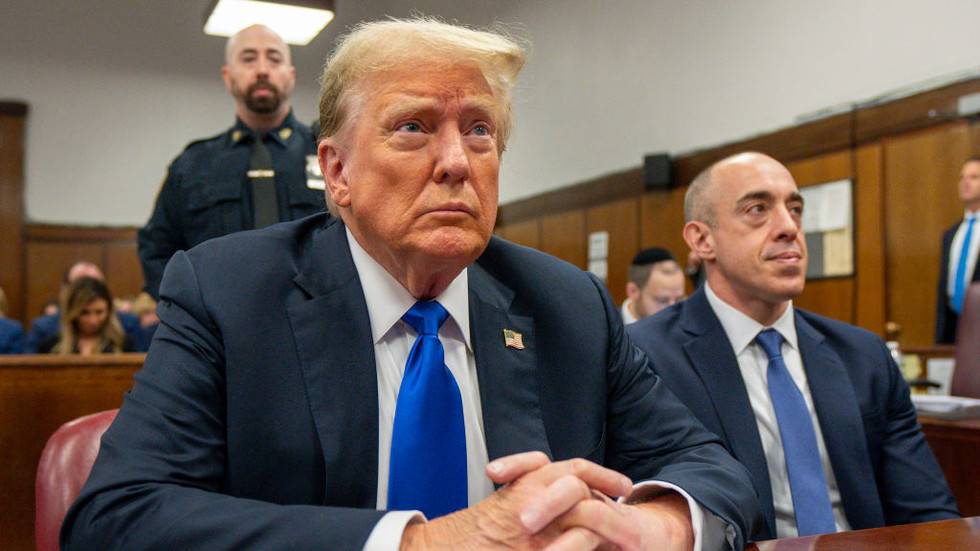Summary of Presidential Immunity Ruling on Donald Trump’s Case
In a significant ruling, Judge Juan Merchan has affirmed the guilty verdict against Donald Trump concerning his ‘hush money’ trial, rejecting claims rooted in presidential immunity. The case reflects one of Trump’s remaining legal challenges, which have dwindled following the recent dismissal of multiple charges against him in various federal and state cases. Notably, Special Counsel Jack Smith withdrew indictments related to Trump’s alleged mishandling of classified documents and efforts to obstruct the 2020 election results, while a Georgia judge dropped eight of thirteen charges in a significant election meddling case against Trump. In this context, Judge Merchan’s 41-page ruling firmly denied Trump’s motion to dismiss the indictment, maintaining that the allegations stemmed from serious misconduct.
Trump’s legal trouble originates from accusations of misreporting payments made to adult film actress Stormy Daniels during the 2016 presidential campaign. The Manhattan District Attorney, Alvin Bragg, elevated the charges from misdemeanor to felony status, resulting in a total of 34 counts against Trump based on false business records. Following a trial held earlier this year, the jury found Trump guilty on all counts. This conviction marked a remarkable development in legal history, given Trump’s position as a former president and current presidential candidate.
Complicating the legal landscape, a July ruling by the US Supreme Court established that actions taken by a sitting president while in office cannot be prosecuted. Trump’s legal team argued that certain trial evidence—including financial disclosures and social media content—should be protected under this ruling as they contextually relate to Trump’s official conduct. However, Judge Merchan countered that even if all contested evidence were considered official, Trump’s personal actions of falsifying records posed no significant risk to presidential authority or the executive branch. In his ruling, he emphasized that the nature of the acts went beyond the scope of presidential immunity.
In response to the ruling, Trump’s spokesman, Steven Cheung, contended that the decision constitutes a violation of the Supreme Court’s stance on immunity, further alleging that the prosecution was politically motivated. Cheung characterized the trial as a "lawless case" and defended Trump’s actions. Meanwhile, Trump has refrained from directly commenting on the latest ruling, a stark contrast to his previous characterizations of Merchan and the district attorney. Prior to a gag order imposed upon him, Trump used personal jabs to discredit individuals involved in the case, illustrating the contentious nature of the legal battles he faces.
Judge Merchan has adjourned the sentencing date until after the recent presidential election, indicating he is considering further motions from Trump’s legal team aimed at dismissing the case based on his electoral success. While Trump has secured a victory in his campaign for the presidency, Merchan’s letter emphasizes that a ruling on the dismissal motion is still pending, reflecting the ongoing uncertainty surrounding Trump’s legal status and political future. The judge’s approach highlights the complexities linked to prosecuting a former president, particularly when the interplay of legal standards and political ramifications are involved.
Ultimately, this ruling underscores the ongoing intersection of nominal legal accountability and the realities of political power. It raises crucial questions about the limits of presidential immunity and whether a former president can be held accountable for actions taken while in office that are framed as personal misconduct. As the case continues to unfold, it could set vital precedents regarding legal implications for presidential conduct and the degree to which such actions can be scrutinized within the judicial system, amid an environment increasingly charged by political considerations and public discourse.

